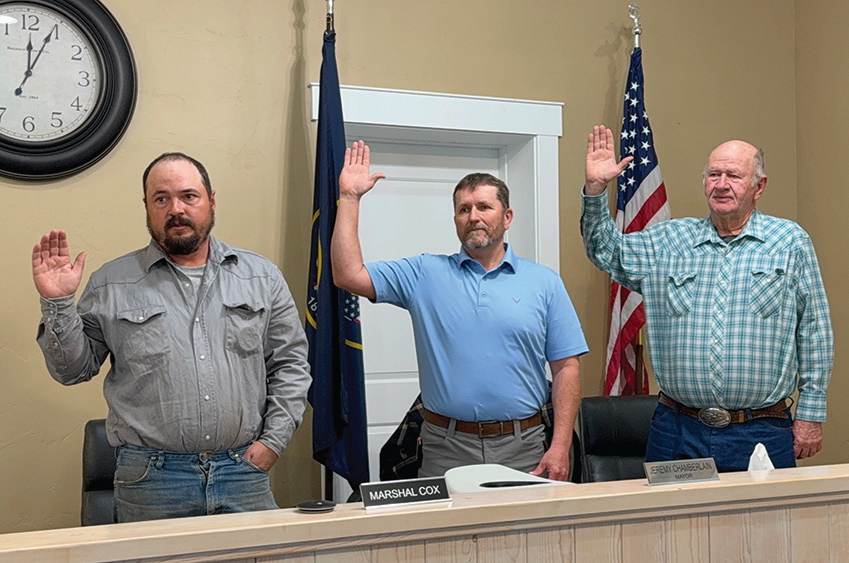Pneumonic plague death confirmed in Coconino County
- Stephen Pelligrini

- Jul 16, 2025
- 3 min read
Coconino County Health and Human Services (CCHHS) officials received confirmatory test results today, July 11, 2025, and have confirmed that a Coconino County resident has died from pneumonic plague, a severe lung infection caused by the Yersinia pestis bacterium. The death is not related to a recent report of a prairie dog die-off in the Townsend Winona area, northeast of Flagstaff. This is the first recorded death from Pneumonic plague in Coconino County since 2007 when an individual had an interaction with a dead animal infected with the disease.
“Our hearts go out to the family and friends of the deceased,” said Coconino County Board of Supervisors Chair Patrice Horstman. “We are keeping them in our thoughts during this difficult time. Out of respect for the family, no additional information about the death will be released.”
Plague is rare in humans. According to the Centers for Disease Control and Prevention there are an average of seven human plague cases reported each year in the United States. The risk to the public of exposure to plague remains low.
The bacterium that causes plague, Yersinia pestis, can be transmitted to animals through bites from infected fleas. The disease can be transmitted to humans from the bite of an infected flea or through contact with an infected animal. According to health officials, the risk of human-to-human transmission is very low. The last reported occurrence of human-to-human transmission was reported in 1924, according to the National Institutes of Health and is typically spread through respiratory droplets.
Due to the endemic nature of plague in the southwest United States, CCHHS maintains a surveillance system for the disease. CCHHS also conducts surveillance for other endemic diseases, including West Nile virus, hantavirus and rabies, to rapidly detect disease, understand its spread and implement control measures to protect the public.
To prevent exposure to plague, CCHHS recommends the following:
• Avoid contact with wild animals. Never feed or handle wild rodents
and avoid areas where they are known to live. Do not touch sick or dead animals.
• Avoid fleas. Use an insect repellent containing 20-30 percent DEET and tuck pant cuffs into your socks to help prevent flea bites.
• Use veterinarian-approved flea treatments on pets, keep them on a leash and keep them out of areas known to be inhabited by wild rodents.
• Report prairie dog die-offs. Prairie dogs are highly susceptible to plague but are not considered a long-term reservoir of the disease. They typically die off quickly after infection, making them an indicator species for plague presence. Active prairie dog colonies are not harmful but a sudden reduction/die-off in prairie dog colonies may indicate the presence of disease. Those noticing a sudden die-off of rodents or rabbits within Coconino County are urged to contact CCHHS Animal Services at 928-679-8756 or Environmental Health at 928- 679-8760.
• Prevent rodent infestations by removing brush, rock piles, trash and lumber from around homes and outbuildings. Store food in rodent-proof containers.
• Do not camp next to rodent burrows and avoid sleeping directly on the ground.
• Seek veterinary care for sick pets. If your pet shows symptoms such as a high fever or swollen lymph nodes, is lethargic, has a loss of appetite or develops a cough or eye drainage, contact a veterinarian immediately. It is recommended to call before visiting the veterinarian’s office for instructions to help limit exposure.
• Be aware that cats are highly susceptible to plague and while they can get sick from a variety of illnesses, a sick cat (especially one allowed to run at large outside) should receive care by a veterinarian for proper diagnosis and treatment.
Symptoms of plague in humans typically appear within one to eight days after exposure and may include fever, chills, headache, weakness and muscle pain. Some individuals may also develop swollen lymph nodes (called “buboes”), most commonly in the groin, armpits or limbs. The disease can become septicemic (spreading throughout the bloodstream) and/or pneumonic (affecting the lungs) but is curable with antibiotic therapy if diagnosed and treated early.
Individuals with symptoms consistent with plague should contact a physician immediately and should provide their healthcare provider with information about possible exposure to rodents or fleas. Call ahead to your healthcare provider or healthcare facility to limit exposure to others. Treatment of plague with antibiotics is very effective.
More information at cdc.gov/plague




